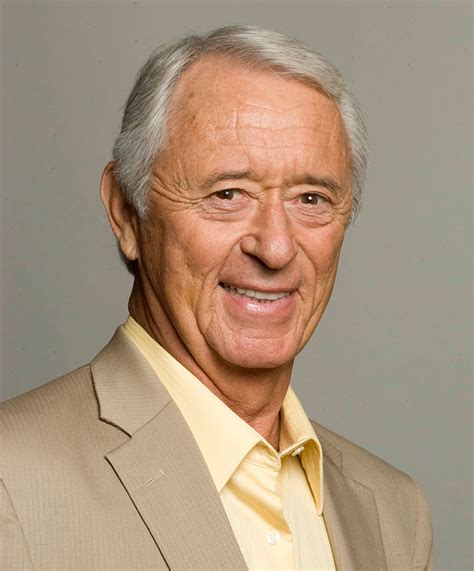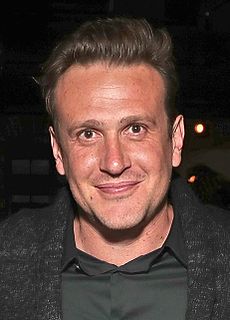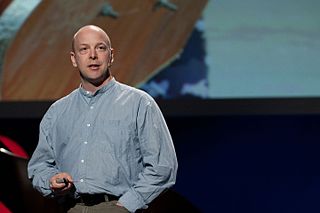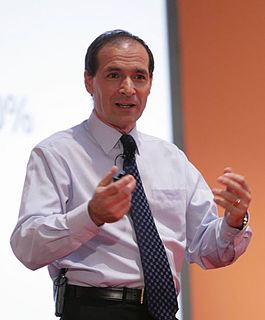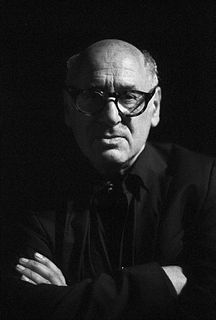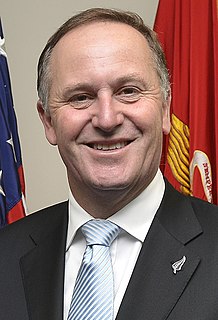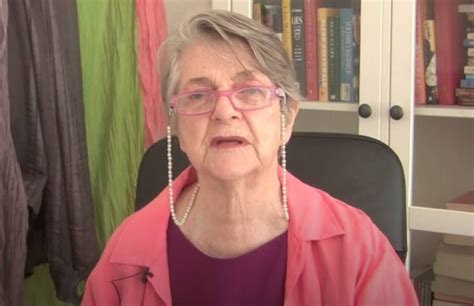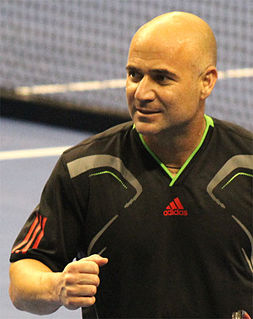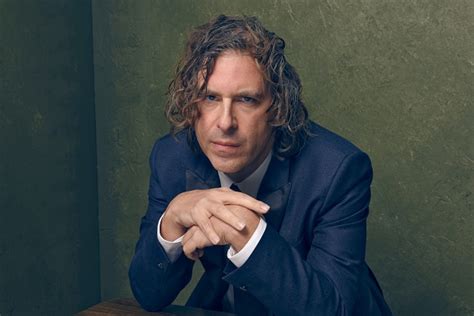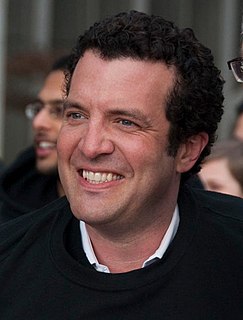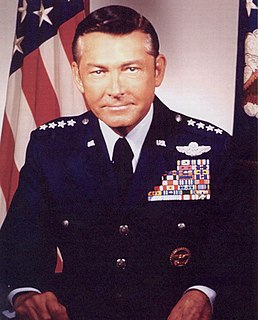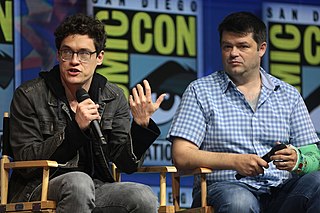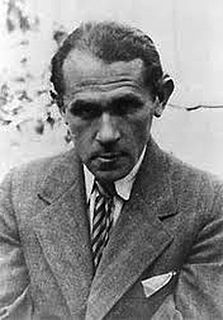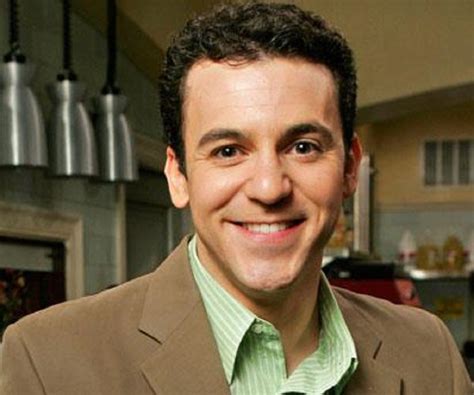Top 1200 Terrible Events Quotes & Sayings
Explore popular Terrible Events quotes.
Last updated on April 14, 2025.
Not only is the Universe aware of us, but it also communicates with us. We, in turn, are constantly in communication with the Universe through our words, thoughts, and actions. The Universe responds with events. Events are the language of the Universe. The most obvious of those events are what we call coincidence.
When you live alone you no longer know what it is to tell a story: the plausible disappears at the same time as the friends. You let events flow by too: you suddenly see people appear who speak and then go away; you plunge into stories of which you can't make head or tail: you'd make a terrible witness.
How do you feel?” she asked, trying to fluff his pillow. “Other than terrible, I mean.” He moved his head slightly to the side. It seemed to be a sickly interpretation of a shrug. “Of course you’re feeling terrible,” she clarified, “but is there any change? More terrible? Less terrible?” He made no response. “The same amount of terrible?
News has a way of distancing us from events, even as it informs us about them. News articles almost always present both the event and the responses at the same time - how is President Barack Obama or Congress responding to the events? I think this reflects a deep need we have to feel that things are under control and that events are subject to our influence.
Many people believe that decentralization means loss of control. That's simply not true. You can improve control if you look at control as the control of events and not people. Then, the more people you have controlling events - the more people you have that care about controlling the events, the more people you have proactively working to create favorable events - the more control you have within the organization, by definition.
I'm terrible with my workout regime and following it strictly. I'm terrible with a healthy diet and following it strictly. I'm terrible on the weekends about getting up at reasonable hours and all of those things. But, when it comes to my work and the discipline it takes to get to work on time - I hate unprofessionalism.
